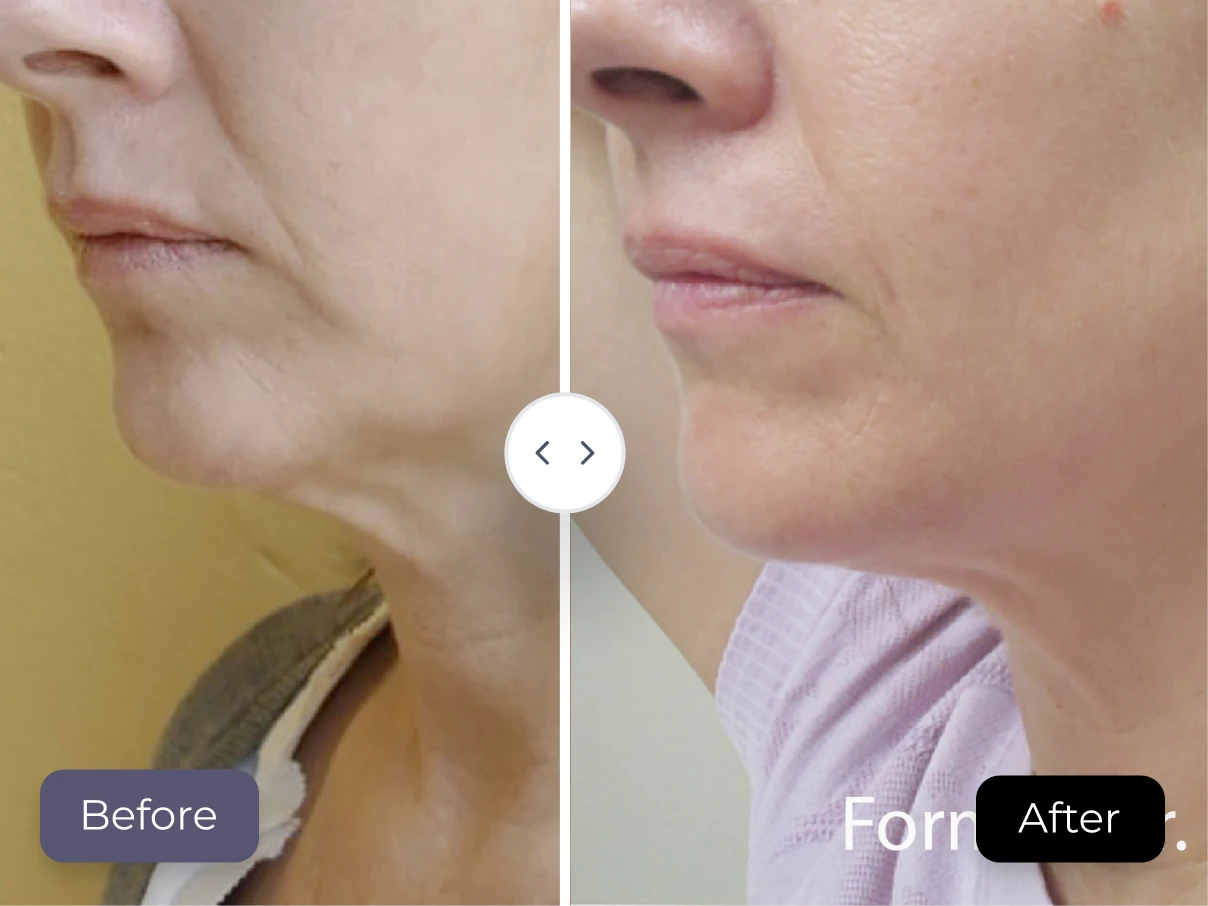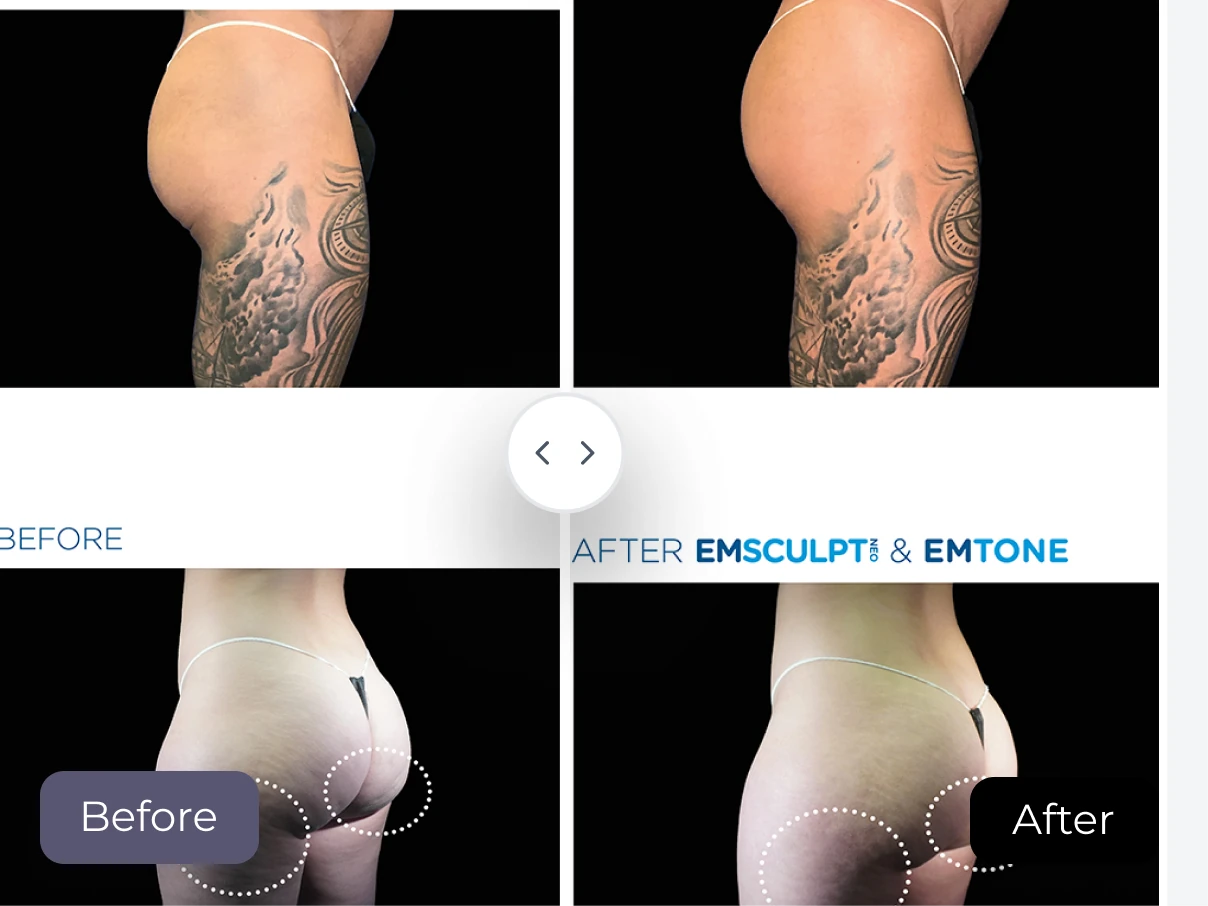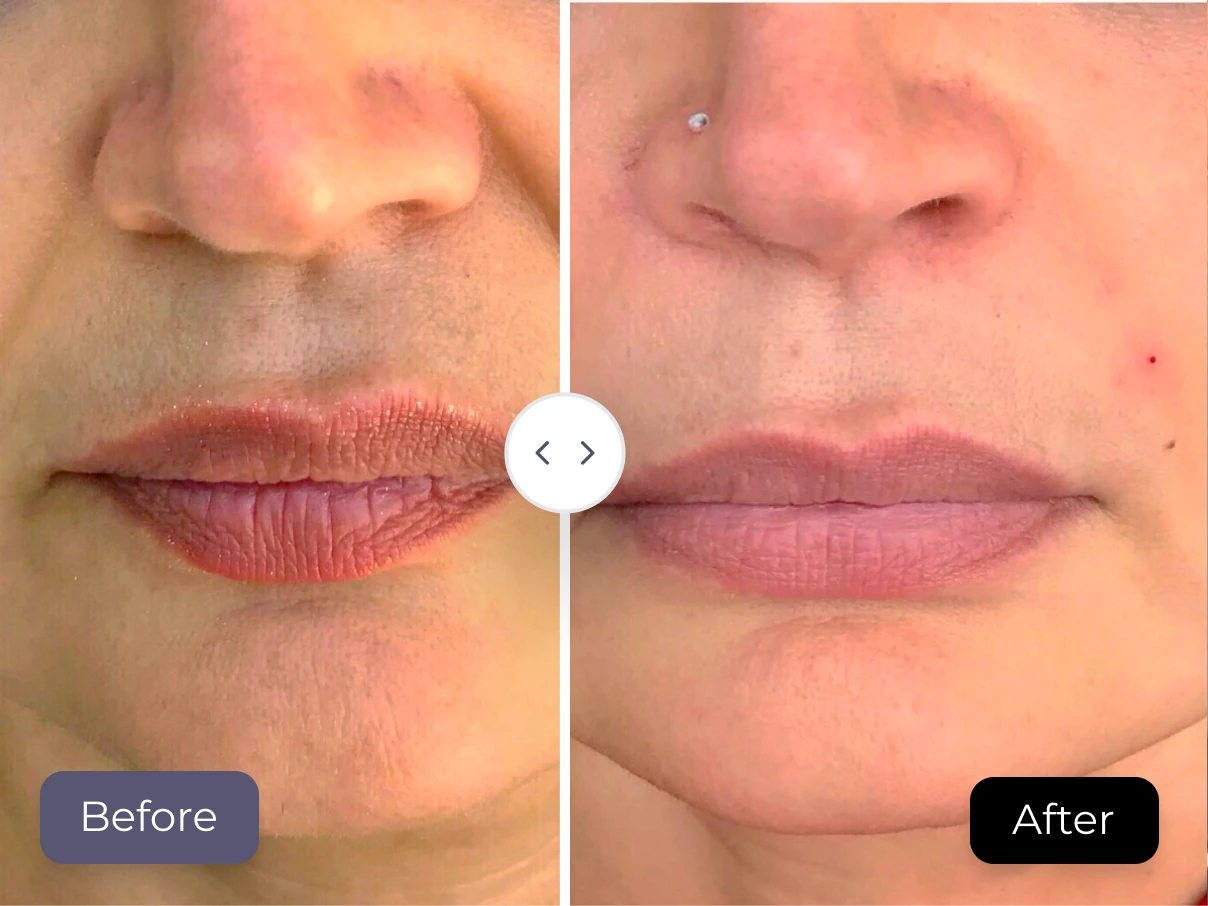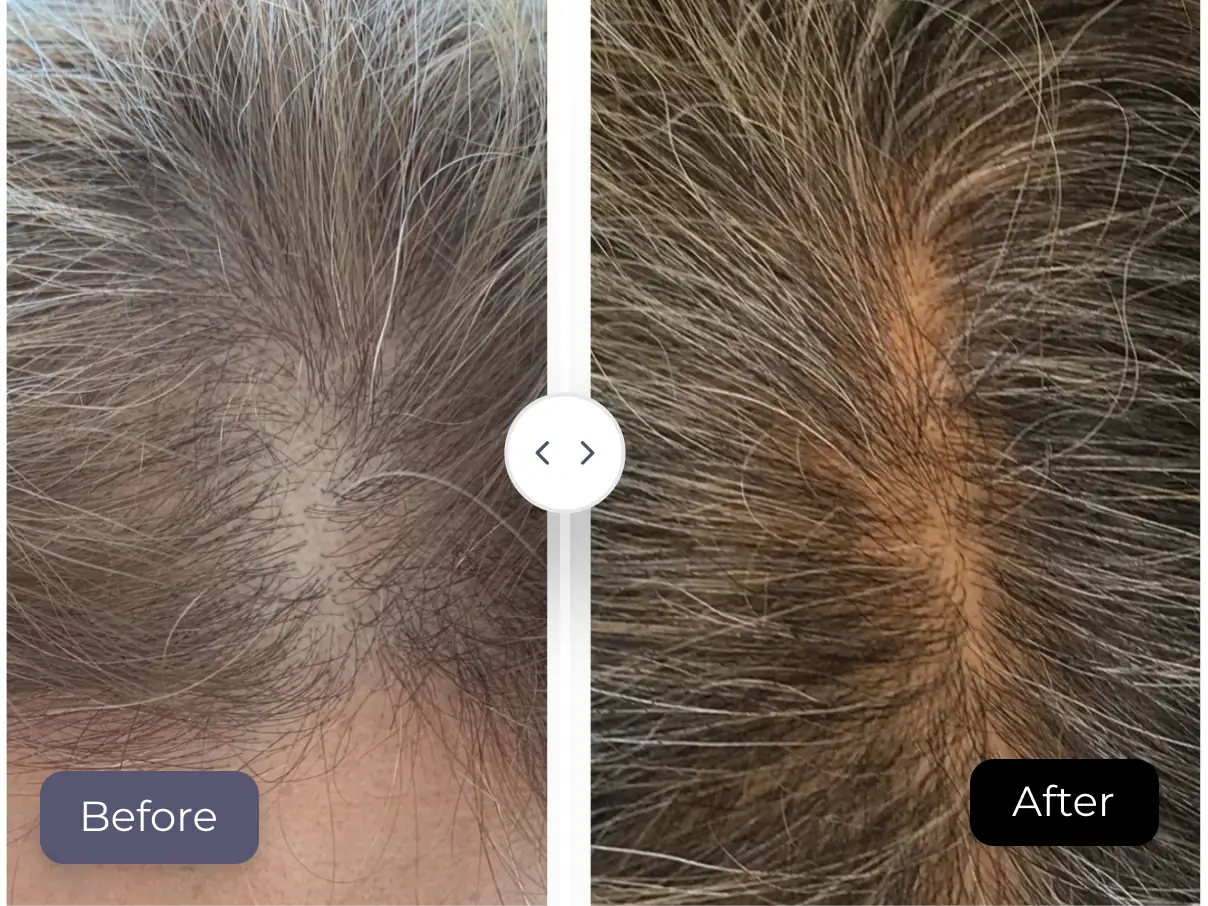The veins that appear on the thighs, also known as spider veins, are the physical symptoms of venous reflux disease. Spider veins usually appear on the legs and affect up to 88% of women and 79% of men. Spider veins are tiny red, blue, or purple thread-like veins located near the skin’s surface and look like spider webs. These dilated veins, visible from under the skin, are caused by pressure on the arteries and may occur anywhere on the body, including the face.
The spider veins on the thighs are red in tiny sizes and change color from purple to green as they grow. Contrary to popular belief, this complication can occur at any age. Like most medical diseases, spider veins are more common in the elderly, but younger people can also get them if they have a genetic predisposition.
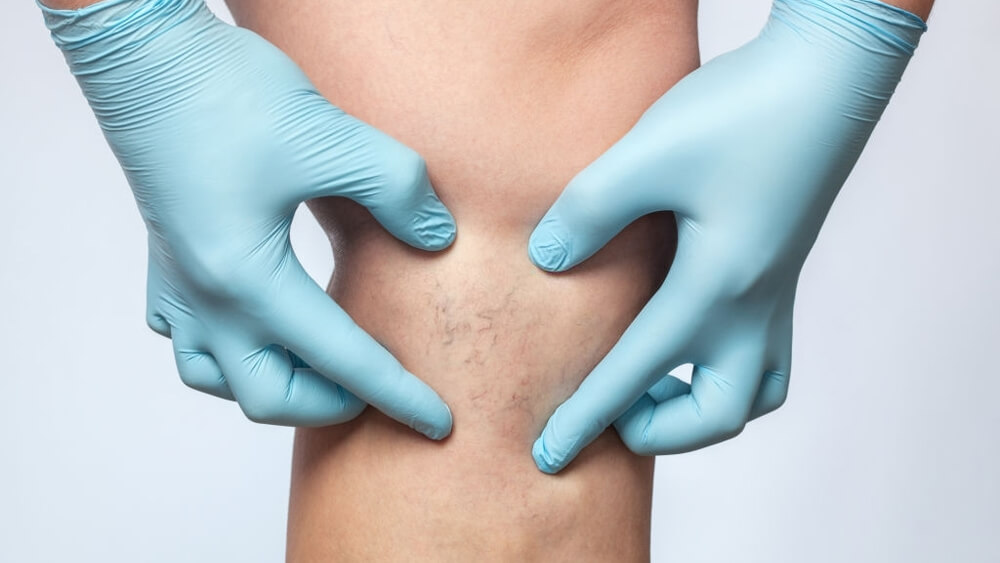
Who is at risk of spider veins?
Certain factors can increase the risk of developing spider veins. Some of them include the following:
- Family history of spider veins or deep vein thrombosis
- Obesity
- Pregnancy
- Standing or sitting for a long time
- Wearing tight clothing
- Smoking
- Excessive heat exposure
- Gender (women are more at risk than men)
Spider veins treatment
With several quick, effective and non-invasive methods, the underlying cause of red veins on the thigh can be treated. Some patients seek treatment to improve the appearance of the skin and others to relieve pain. The good news is that spider veins and their underlying causes are relatively treatable, and treatments reduce the symptoms and the reason. One of the most crucial side effects of not treating varicose veins is that it can lead to deep vein thrombosis or deep vein thrombosis. Deep vein thrombosis is dangerous and needs immediate treatment.
There are two available treatments for spider veins, both of which are rapid, minimally invasive, and require no hospitalization. In these treatments, veins with unhealthy valves are closed. After closing, the body absorbs the veins, and blood flow is directed to healthy veins.
Spider veins laser treatment
In dermatology clinics, surface laser and light (IPL) radiation are used for treatment; however, the treatment on light skin is more efficient. Darker skins may experience minor complications such as burns. It is recommended that before any procedure, such as laser or IPL, a thorough examination is performed to assess the relationship between superficial vessels and the deeper feeding vessels, and if present, one to two sessions of injection or sclerotherapy to eliminate Capillary nourishing root done.
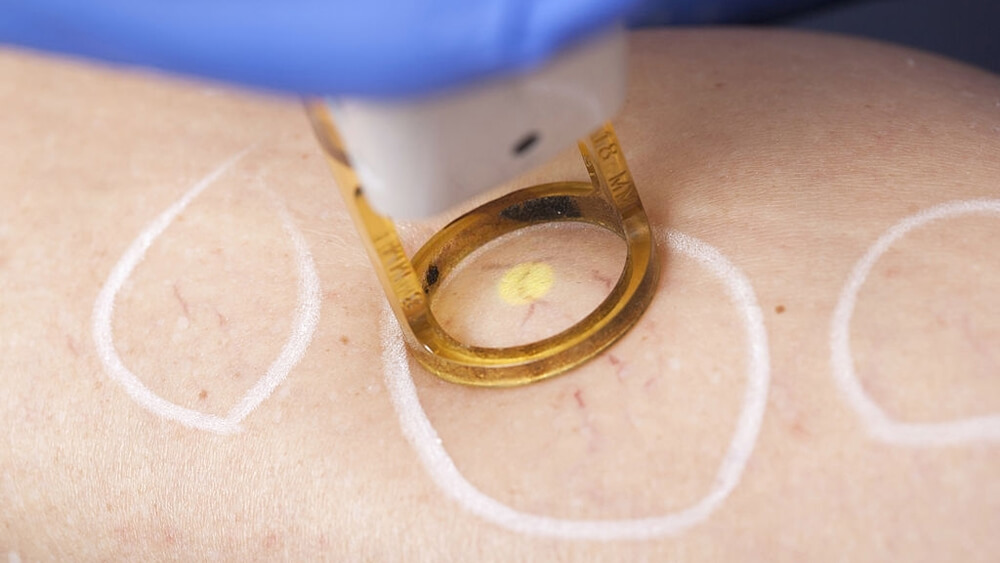
Preparations for laser spider veins
To achieve the desired result, simply follow these instructions:
- If you are taking a diluent, stop taking medicine a few days before treating the spider vein with your doctor’s advice.
- Take a shower the night before the laser and completely shave the treated area.
- Do not use lotions and creams on the skin on the day of treatment.
- Avoid skin coloring creams, solariums and sunscreens for a few weeks before treatment.
- If you are taking medications such as Rakuten, you should not have a spider vein removal done until six months after the end of the course.
- If you have a history of colloids or scars at the wound site, it is best not to have a laser.
- If you have a tattoo on your body, you cannot do a vein removal laser on the tattooed skin.
- Wear loose pants or a skirt when visiting.


